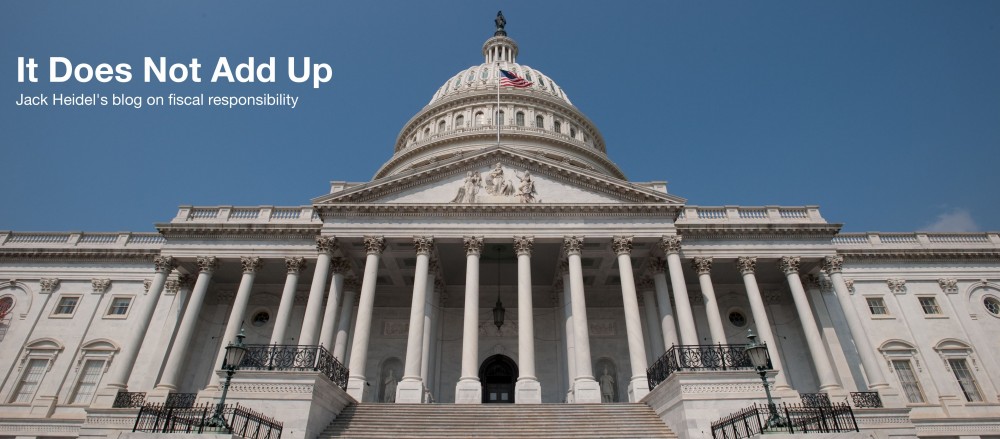My last two posts, here and here, are concerned with one of the most serious problems facing our nation. It is the rampant polarization and divisiveness affecting both our political institutions and social culture.
George Friedman says that the two dominant cycles in American history, the eighty-year institutional cycle and the fifty-year socio-economic cycle, are both coming to a head and renewing in the mid-to-late 2020s and this will produce a storm before the ensuing calm.
David French says that the quest for moral, cultural and, political domination by either side of our national divide risks splitting the nation asunder. Both sides must surrender the dream of domination of the other side by embracing increased pluralism which would make our country even more decentralized than it already is.
According to Mr. French:
- The Republican Party won the Civil War and then dominated American politics for 50 years. Conversely in the 1930s, the Democratic Party won and dominated American politics for roughly the same amount of time.
- The quest for uniformity is futile, and the restrictions of liberty that are so tempting to those who seek uniformity are far more inflammatory and divisive than they are edifying or unifying.
- To embrace pluralism, citizens truly need only to embrace two limitations on their quest for ultimate ideological victory. First, if you are a citizen of a liberal republic, you need to defend the rights of others that you would like to exercise yourself. Second, if you are a citizen of a pluralistic, liberal government, you should defend the rights of communities and associations to govern themselves according to their own values and beliefs.
- To go forward, we must go back. If the Bill of Rights represents tolerance of individual difference and a diverse civil society, federalism represents tolerance through self-governance and community autonomy.
- We now have decades of experience with the enormous bloat of federal government. Under healthy federalism, American citizens would enjoy guaranteed civil liberties that don’t waiver or vary from state to state and they would enjoy a much greater degree of local control. The only downside is that the rebirth of federalism necessitates the death of very particular dreams – the dream of dominance and the dream of utopia.
- Federalism is simple. It has profound appeals. Healthy federalism is a system of protected customization. It lowers the stakes of national politics. It removes the sense of helplessness and distant alienation that all too many of us feel.
- Here are two significant possibilities for federalism in action: give blue states more freedom to restrict gun rights; give red states more freedom to restrict abortion rights. If you don’t like what is happening in your own state, then move to another state where you are more comfortable.
Conclusion. Federalism recognizes that there are fundamental differences between red states and blue states. It returns power to the states which has been usurped over time by the federal government. It has the potential to greatly reduce the polarization and divisiveness which is now afflicting our country.
Sign-up for my Email Newsletter
Follow me on Facebook
Follow me on Twitter




For years, the Cato Institute of Washington D.C. has ranked states in order by those perceived as most free and those perceived as less free based on economic, education, social, and political policies. It’s interesting to note that those states considered less free by the above markers are in liberal states in which government legislation and related programs have also led to an increase in divisiveness and polarization.
I am not surprised about this. I think that more conservatively minded people are more generally tolerant of others than the more liberally minded.